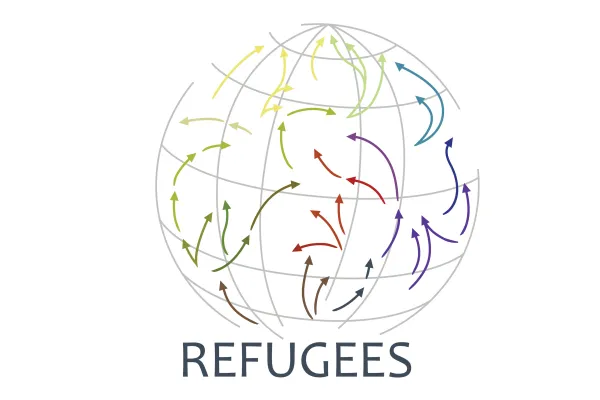Refugees
Published February 1, 2018
Project Description
The complexities and tragedies that accompany present-day refugee crises reverberate with the history and memory of other historical periods. Indeed, the history of forced migration is imbricated in the history of most nation states, and the experiences of refugees today hold deep resonances with the struggles of human beings in the past. Studying the refugee crisis and its effects in this broader context can help to provide those of us working in a variety of fields with a deeper comprehension of contemporary issues, an understanding that extends to scholarship, pedagogical strategies for the classroom, and more informed advocacy. Current events challenge norms once taken for granted; they demand an engagement of those previously held presuppositions along with an understanding of the refugee crisis specifically that is both theoretical and historically informed. This Kahn project seeks to draw together faculty from a wide range of fields whose work intersects with the subject of forced displacement. We hope to consider this complicated subject not only through the lens of historians and contemporary policy scholars, but also from the perspective of economists, social workers, psychologists, educational theorists, and artists. How does the invocation of history function as a policy tool--and hindrance--in contemporary discussions of forced migration? To what degree do first-person accounts and other related and cultural production impact public policy? How do experimental writings, documentary films, and ethnographic narratives influence our perspective on forced migration? How do economic policies exacerbate or ameliorate the movement of people and/or their reception in host countries? What is the status of institutional norms and, for example, notions of sovereignty regarding forced migration across disciplines? In all our discussions, we hope to engage with our source material through macro-level and/or systems-level analyses; we will focus, for example, on the construction of borders (national and other types) by considering the ways that the narrativization of those borders affect security discourses and the formation of the political subject.
This topic has specific and renewed urgency today. We hope that faculty across the Five Colleges will join us in this year-long effort to understand and act on what is, without question, one of the major crises of our times.
Project Fellows
- Zoya Alam ’19, Government
- Toby Applegate, Geography, University of Massachusetts, Amherst
- Elif Babul, Anthropology, Mount Holyoke College
- Jennifer Bajorek, Comparative Literature, Hampshire College
- Darcy Buerkle, History, Organizing Fellow
- Alexis Callender, Art
- Isabel Cordova ’19, Art
- Khulood Fahim ’19, Government
- Jennifer Fronc, History, University of Massachusetts, Amherst
- Tal Goldfajn, Languages, Literatures, & Cultures, University of Massachusetts, Amherst
- Rebecca Hamlin, Legal Studies, University of Massachusetts, Amherst
- David Hernandez, Spanish, Latina/o, and Latin American Studies, Mount Holyoke College
- Serin Houston, Geography and International Relations, Mount Holyoke College
- Kavita Khory, Politics, Mount Holyoke College
- Elisa Kim, Art
- Maggie Liu, Economics
- Christen Mucher, American Studies
- Vivian Nguyen ’20, Government
- Tracy Tien, Environmental Science & Policy
- Gregory White, Government, Organizing Fellow
